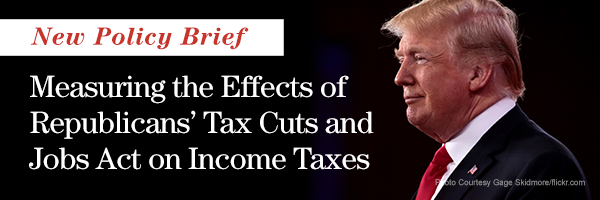Economic news through June shows the economy continues to grow rapidly. The upcoming inflation reports are likely to show prices are also rising rapidly.
The Week That Was
The ISM business survey for service companies followed the Markit survey. Both surveys show service company activity remained strong in June, but not as strong as May’s hectic readings.
With service business activity at 60 and new orders at 62, the service sector remains healthy.
As with manufacturing companies, the indicator for employment in the service sector was close to break-even. The weakness in job growth from the business surveys is not consistent with the large increase in jobs from the payroll data.
Weekly employment numbers continue to trend downward, albeit at a very slow pace.
Initial claims for unemployment insurance into early July were at 373,000. The four-week average moved slightly lower to 394,500.
The number of people receiving unemployment payments also trended downward. At the end of June, it was 3.3 million, the lowest since March of 2020, when it was 3.0 million.
Things to Come
Upcoming economic news includes official inflation numbers. Reports on consumer prices and producer prices are due tomorrow and Wednesday. These reports will continue to show
significant increases in prices.
May’s consumer prices, with or without food and energy, were up a strong 0.7 percent to 0.6 percent (or annual rates of 9 percent and 8 percent). Given the strength of business conditions in June, I would expect similar large increases in June.
Business surveys for June continued to show significant upward pressure on prices.
In May, producer prices for finished goods increased by 1.1 percent (or a 14 percent annual rate). Based on the surveys, June numbers will be close to this magnitude.
On Thursday, the Fed reports on June manufacturing output. The Fed’s estimate of May’s manufacturing output was up only 0.8 percent.
The Fed’s manufacturing data has shown slower growth than other surveys would indicate. If the private surveys are accurate, it suggests the Fed’s upcoming manufacturing data should be up at least 1 percent.
Friday’s retail sales report is likely to show another monthly decline.
Although retail sales in May were down sharply, they were also 18 percent above their peak reached in February 2020.
May personal incomes and wages were less than 10 percent above the February, 2020 levels. Hence, retail sales are well ahead of incomes. They are overdue for some weakness to allow incomes to catch up.
Market Forces
Stock prices were mixed last week.
The Nasdaq 100 hit an all-time high Wednesday, fell ½ percent yesterday and ended the week up just over 1 percent. The Nasdaq was up slightly, and the S&P500 and Dow were down slightly. Small caps lost 4 percent.
Good news on the economy continued. June business surveys show both manufacturing and service companies growing rapidly. Weekly employment data show the job market improving.
Monetary policy remains expansive. Monthly data from the Fed show the central bank purchased $172 billion in securities in June. How expansive will depend on how much of the new money banks have left at the Fed. That bank data won’t be released until later this month.
The economy has a lot of momentum. Strong surveys for new orders indicate rapid growth will continue at least through the summer and fall.
Longer-term interest rates continue to behave as if inflation will not be a problem. The 10-year Treasury Note is down to 1.29 percent. In real terms, bonds provide significant negative returns.
Long-term interest rates remain well below their fundamental levels. As inflation becomes more apparent, the risk of holding longer-term bonds will also become more apparent.
Outlook
Economic Fundamentals: positive
Stock Valuation: S&P500 overvalued by 25 percent
Monetary Policy: expansive










